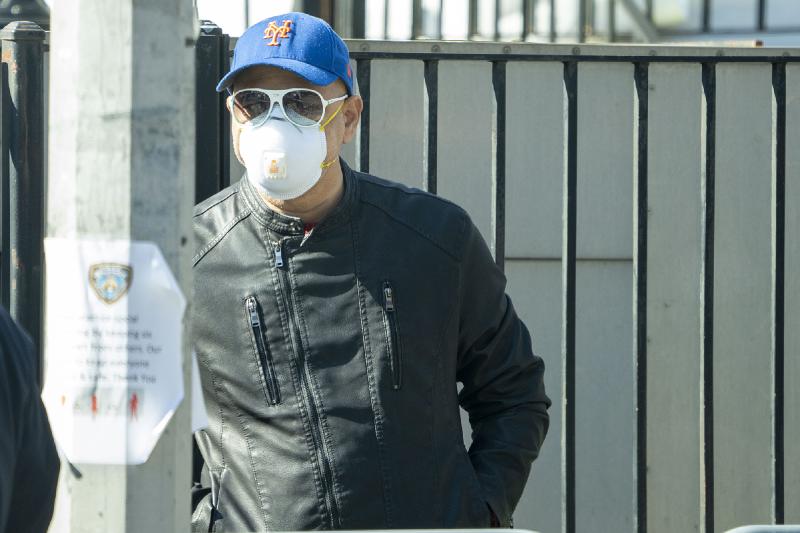Less than 1 percent of MLB employees have coronavirus antibodies
Category: News & Politics
Via: john-russell • 4 years ago • 3 commentsBy: KenDavidoff (New York Post)



By Ken Davidoff
A study of 5,754 employees, including a handful of active players, from 27 Major League Baseball teams revealed that about 0.7 percent tested positive for coronavirus antibodies, the doctors heading the study announced Sunday.
The employees, all of whom live in the United States, either received tests from medical personnel at their home ballparks or self-administered tests in their homes.
Jay Bhattacharya, a professor of medicine at Stanford University who ran the study, said in a telephone news conference on Sunday that the results serve as "a really important peek into the public health consequences of COVID-19 and also the nature of the disease. What we learned from this study, nationwide, is that the range of clinical presentations include a substantial number of people who are infected with the disease but have very few symptoms and don't proceed to the viral pneumonia we see.
"This helps doctors and health officials … provide a more complete picture of how people when they're infected will respond. It's sometimes a very deadly disease, but most often asymptomatic or mild, especially in this relatively healthy population."
What it doesn't do, Bhattacharya and his partners made clear, is present any sort of roadmap for whether or how baseball can return to action before a vaccine has been developed and distributed.
"The study wasn't designed to bring baseball back," said Daniel Eichner, the president of the Sports Medicine Research and Testing Laboratory, who partnered with Bhattacharya. Rather, it exemplified baseball's willingness to help learn more about coronavirus.
"I think this gives us insight into how this disease is affecting a relatively healthy working-age population, and it also gives us a clear picture of some of the variation across the country," said Bianca Mulaney, a medical student at Stanford. "Thirdly, it also highlights the challenges of using testing when there is such a low prevalence to begin with, in terms of for policy."
About 70 percent of those who tested positive had been asymptomatic, the doctors said. Based on the participants' locations — some were staying at home far from their employers' locale — they tested lower than the occupants of their surrounding communities, an endorsement of the practices that teams utilized before the sport shut down on March 12.








This would seem to be a blow to the idea of bringing back baseball soon.
Social distance and wear masks in the dugout and locker room. Otherwise, playing should resume, even without fans in the seats.
About time for the hysteria and overreactionism to stop, and common sense to take over.
It appears very few employees of major league baseball have had the virus already. That means all of them are susceptible. Dont be surprised if baseball never gets off the ground in 2020.